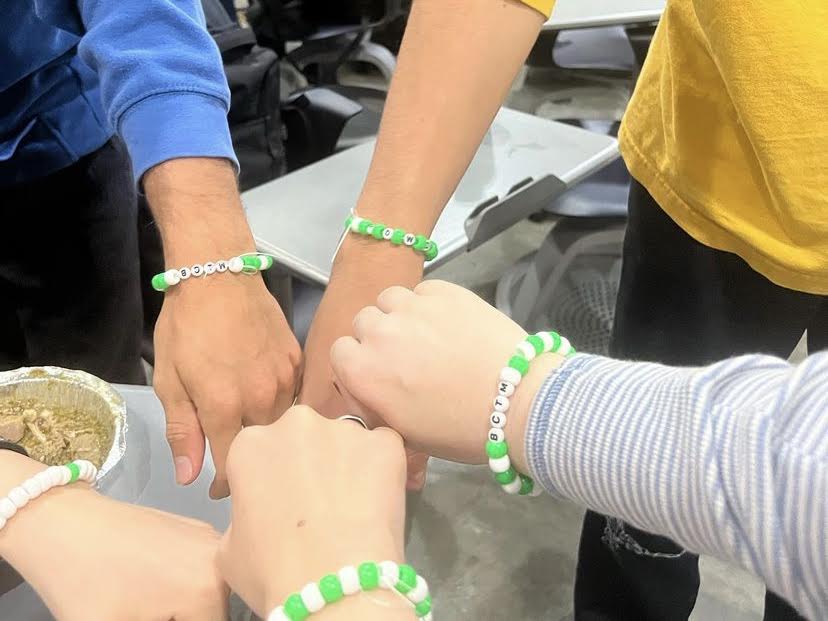Bringing Gentle Help to Mental Health
Teenage mental health is becoming a priority, as more and more high schoolers silently struggle.
An estimated 49.5 percent of adolescents have had a mental health disorder at some point in their lives (NIH). The mental health crisis in America is continually increasing, with little signs of ending, as of now.
A couple weeks ago, on October 10th, World Mental Health Day was observed as it is every year. The objective of the day is to raise awareness of mental health issues and mobilize support for people with these issues. It is an opportunity for advocates, governments, employers, and those with mental disorders to express their thoughts and ideas on how we as a society can work to ensure that mental health issues are a priority around the world.
The World Mental Health Organization has been working for 70 years to ensure that mental health is supported and treated equally with physical health. The campaign slogan is Make Mental Health & Well-Being for all a Global Priority, which is exactly what they are fighting for, not only on World Mental Health Day, but everyday.
Mental health issues are particularly bad among the teenage demographic. While it’s perfectly normal for teenagers to feel anxiety around school and friendships or experience periods of sadness regarding situations they endure, the severity of diagnosable mental health disorders goes way beyond that. These disorders can interfere with daily functioning surrounding regular activities such as schoolwork, personal hygiene, relationships, eating, sleeping, etc.
Although there was a decent effort in the media to bring attention to teenage mental health during the pandemic, the World Mental Health Organization has been working to make sure the same awareness continues currently. Since being out of quarantine, students have again become vulnerable to social ostracization and bullying, which are common causes of depression and anxiety. According to the American Psychological Association, school is another common cause of mental health disorders, with the intensity of high expectations for academic performance that are put on teenagers.
Sophia Hotchkiss ‘23 says, “Regular school work already causes a lot of anxiety with myself and other kids. But having college applications on top of that can be extremely overwhelming and hard to deal with. It has definitely been hard to handle at times, mentally.”
However, one of the biggest causes is the negative effects of social media and the unreasonable social expectations pushed through it. To a degree, the community and connectedness that social media brings can be beautiful. However, extensive use of apps such as Instagram, Tik Tok and Youtube puts teenagers at a high risk of forming mental health problems when self-esteem issues and cyber bullying is spiked. Physical beauty standards are continually changing and being imposed on the youth through social media, putting pressure on them to dress certain ways, use a certain dialect, participate in certain trends and activities, etc. These expectations result in teenagers feeling unworthy and hopeless, leading to major depression, eating disorders, and suicidal thoughts, according to The Child Mind Institute.
Zoe Parker ‘23, President of the Bring Change To Mind Club, says “Personally I think that social media promotes and glamorizes disorders like eating disorders and depression. There is so much photoshop and fake happiness on social media, that it causes inevitable comparison. This does nothing but negatively affect our mentality and makes us think that the life we are living is not as good or worthy as others.”
As much as we can be told to bring awareness and pay attention to mental health, it’s so easy to forget, especially for teenagers. Making sure to take the time to care for yourself, seek help when needed, and check in with your friends and family is a priority when trying to healthily cope with mental adversities.
Engaging in a supportive community is one the best ways to make it through the hardest aspects of dealing with mental disorders. Fortunately, Notre Dame students have the support of counselors and teachers, along with clubs such as Bring Change to Mind, which focuses on bringing awareness to mental health. It is highly encouraged that students seek out these groups on campus and protect one another, as the mental well being of teenagers is of the utmost importance now more than ever.






